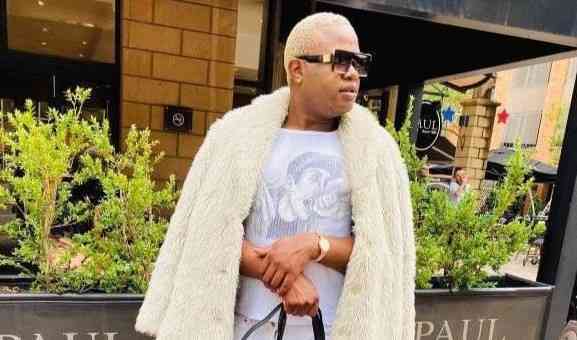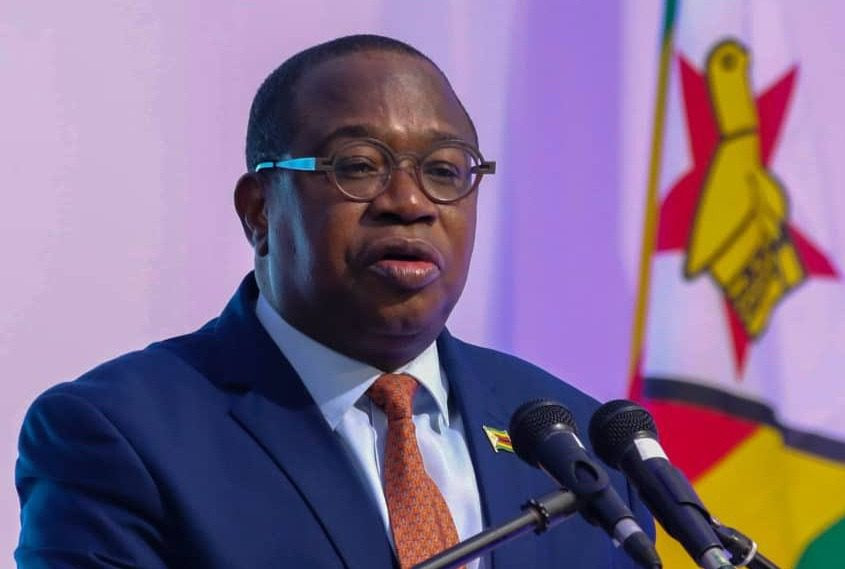
When Iyanda Ndlovu, a trans woman, visited her local clinic in Tshabalala suburb in Bulawayo she became a laughing stock on the day and regretted ever going to the facility.
Iyanda was assigned male at birth but her gender identity is female and uses pronouns she/her/hers.
“I visited a local clinic in need of sexual health services, the consultation started off well with one nurse before I mentioned that I am a trans woman -born male but I identify as female.
“I went on to tell her that I am in need of sexual health care services and in my case, I needed my back part to be checked and not the penis. It came as a shock to them, next thing she called others to come and witness what she described as taboo and unhuman,” she said.

To save herself from more embarrassment, Iyanda fled the clinic without getting any assistance.
“I asked for a toilet to use, and fled the scene. I left without getting any help, I couldn’t take the name dropping, insults and laughs I was exposed to by the nurses whom I thought could help me,” she recalled.
According to her, the issue of stigmatization and name calling at public health facilities has led many in the LGBTIQ community to stay in their houses without help when they are sick, especially with sexually transmitted diseases, because the treatment they get at clinics or hospitals is unhuman.
One would rather die indoors than to be embarrassed and mocked at the places of supposed help,” she says.
- Revisiting Majaivana’s last show… ‘We made huge losses’
- Edutainment mix: The nexus of music and cultural identity
- ChiTown acting mayor blocks election
- Promoter Mdu 3D defends foreigners 30 minute set
Keep Reading
“Public health facilities in Zimbabwe don’t make it easy for the LGBTIQ community to access health services, you are left with an egg on your face if you go there and what’s left is private facilities which are expensive to access for a common Zimbabwean living in this dire economy.
In a report, the United Nations estimates the global median HIV prevalence among men who have sex with other men as 7.7%.
Iyanda added that some gay people don’t take ARVs and some have defaulted due to the stigma and victimization they receive when they seek for health services in public facilities.

Iyanda revealed that she had to move to South Africa where she could get the best health services and she could not be judged in her process of transition.
Iyanda is currently on feminizing hormone therapy which helps trans women achieve a more feminine appearance. It uses anti-androgen to block male hormones. Taking estrogen and progestin helps in the development of breasts, softer skin, rounder hips and more feminine looks.
“In South Africa there is less judging and name calling and accessing health care services is easier than back home. What also brought me here is that I am in the process of transitioning and South Africa can only offer me the best services,” she said.

“I also made the move because of my safety. I am in a crucial stage of my transition and my safety in Zimbabwe is not guaranteed, hence I moved to South Africa.”
Iyanda is a digital content creator, social media strategist, media personality and has done brand activation and public relations for a number of brands in the arts industry.










